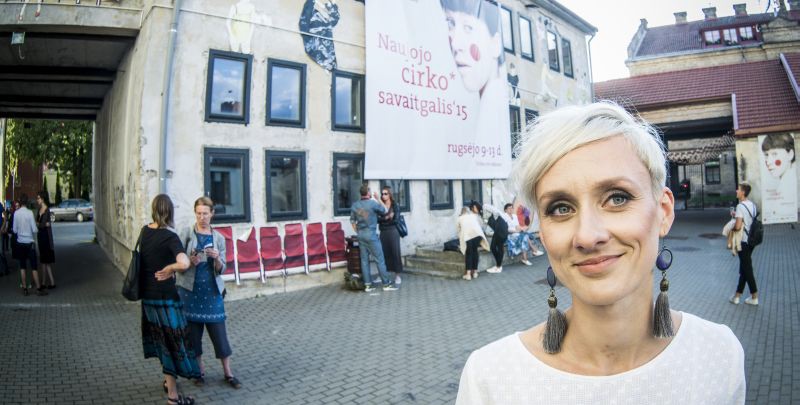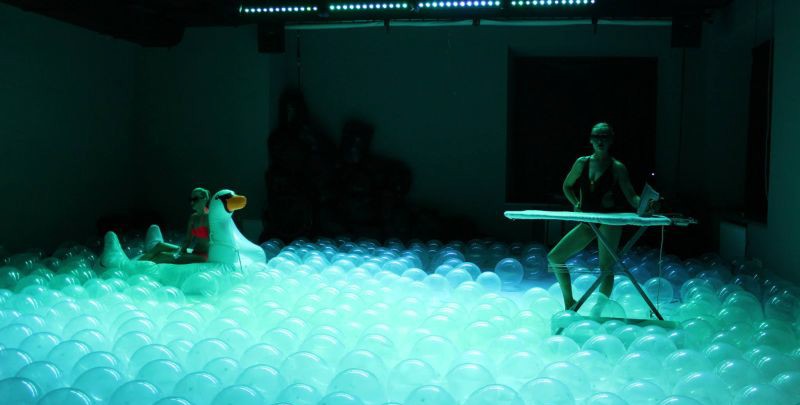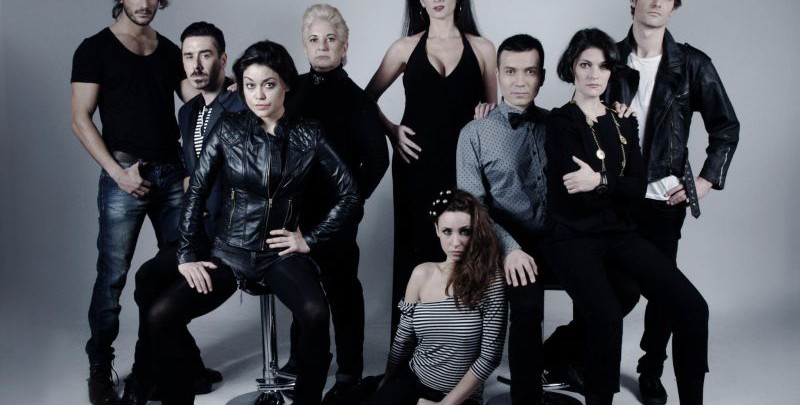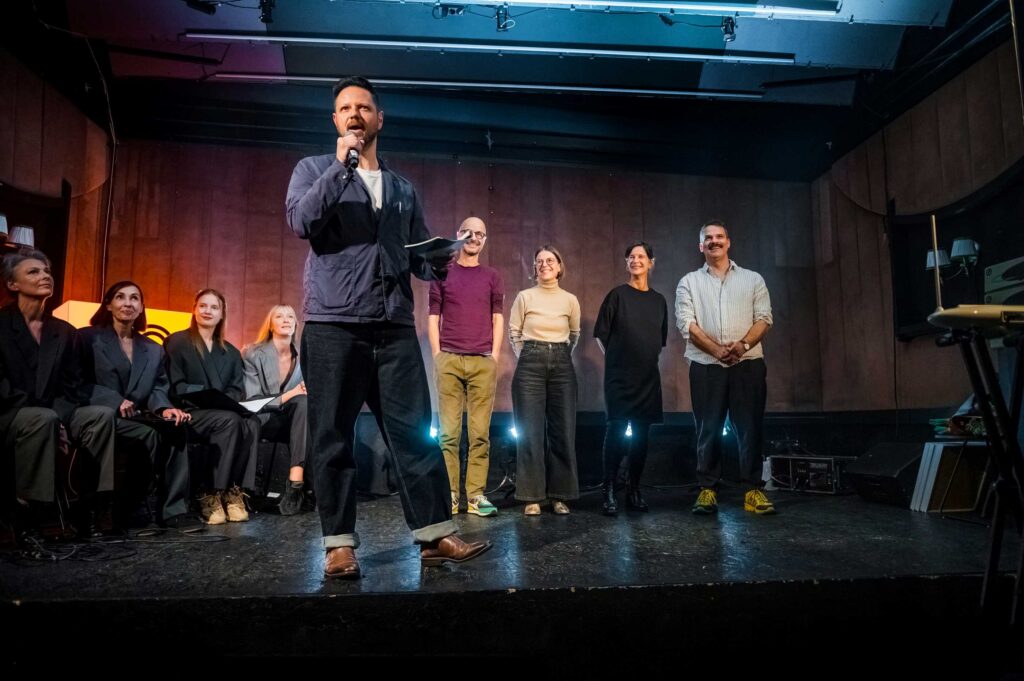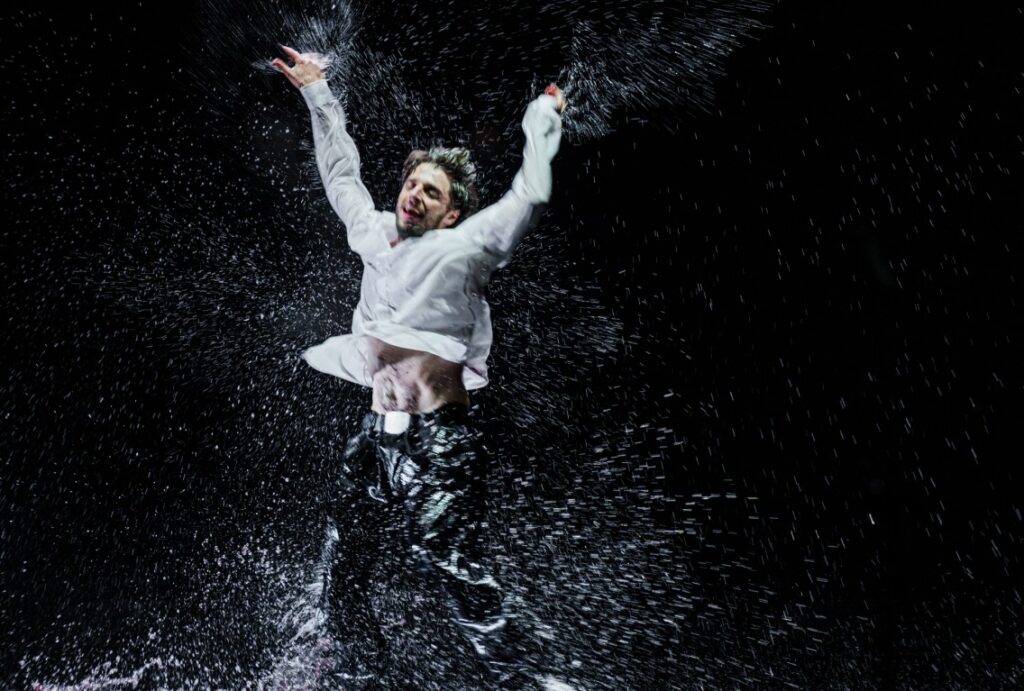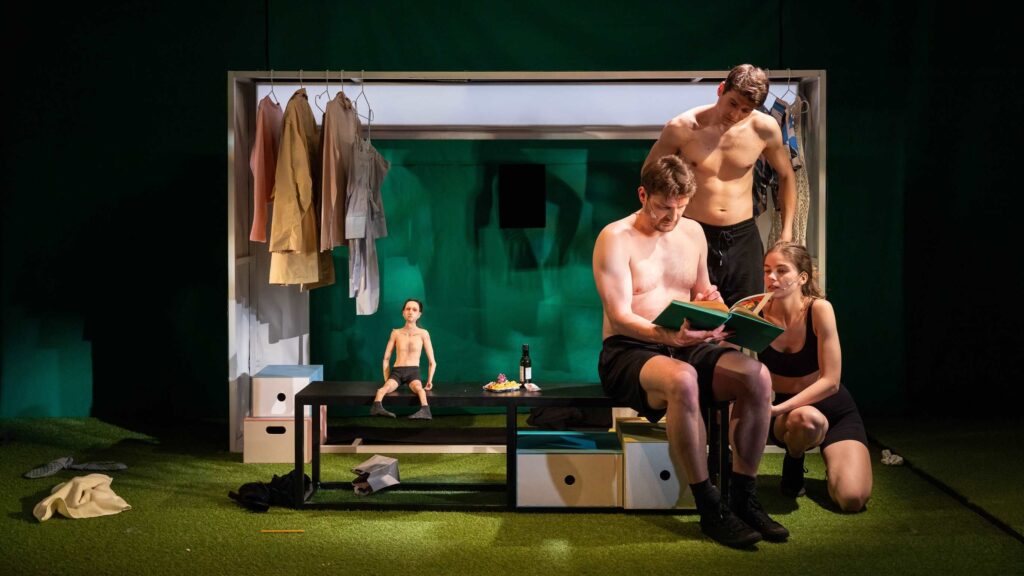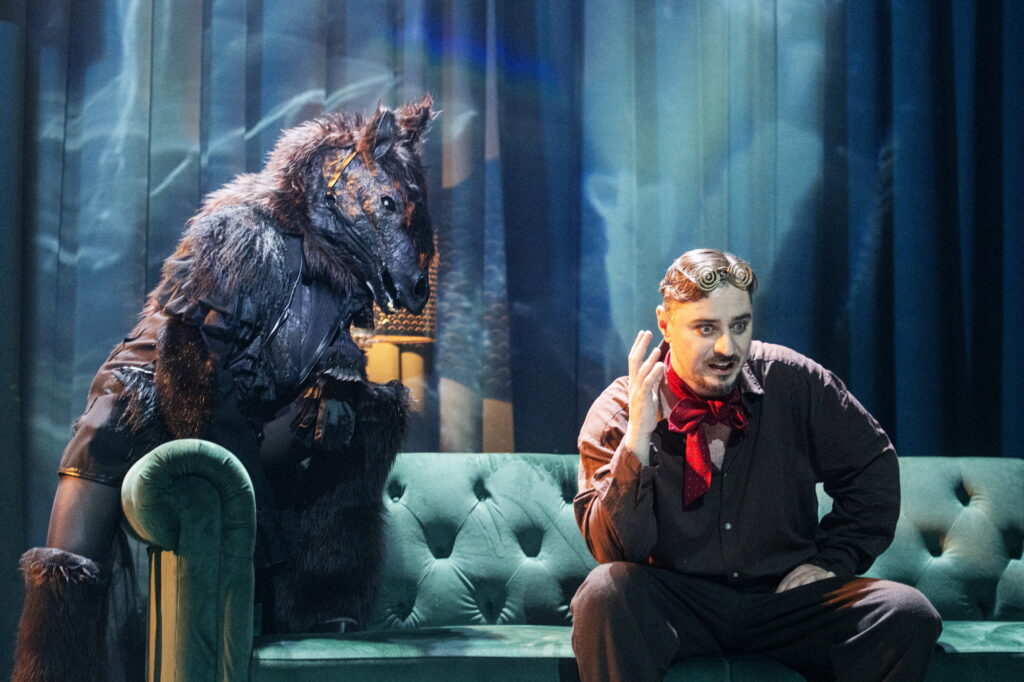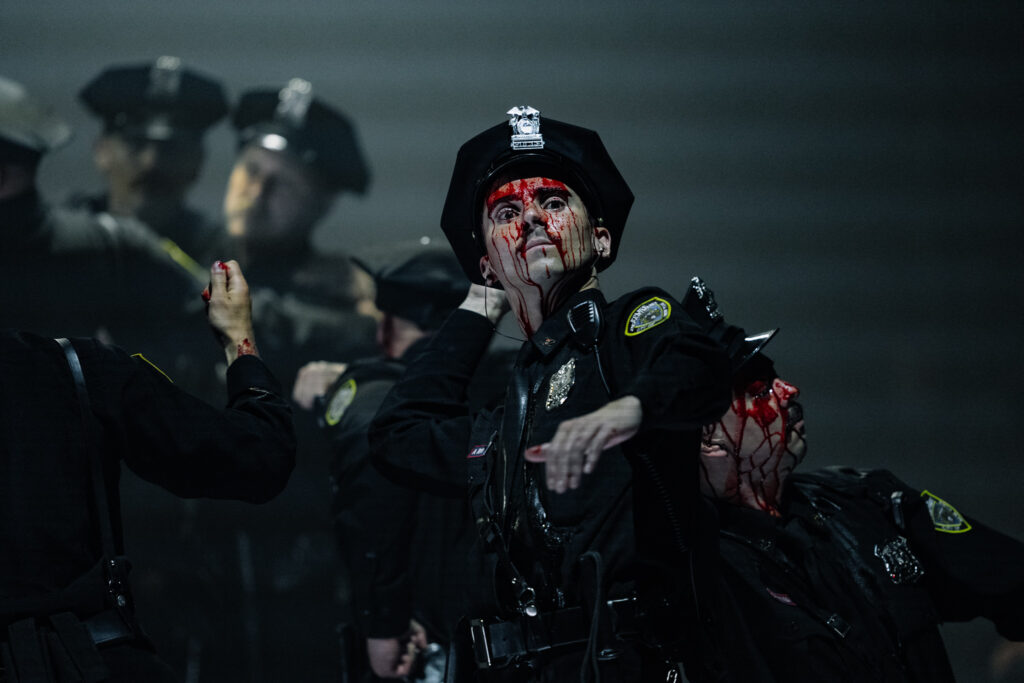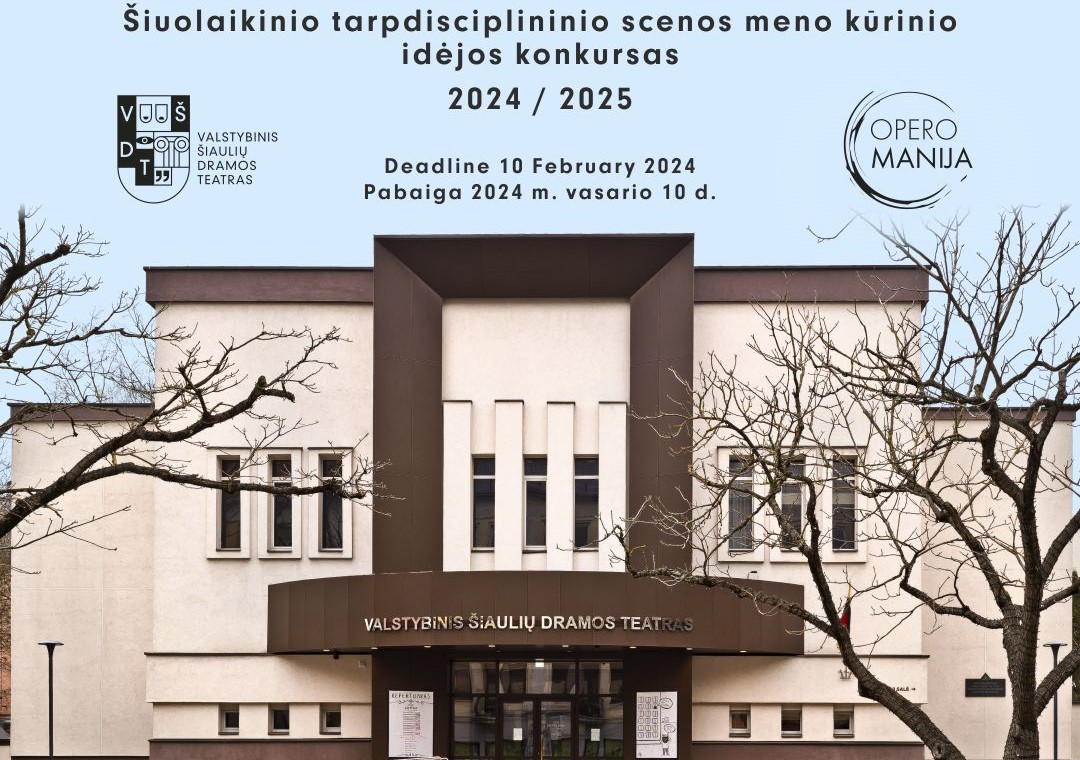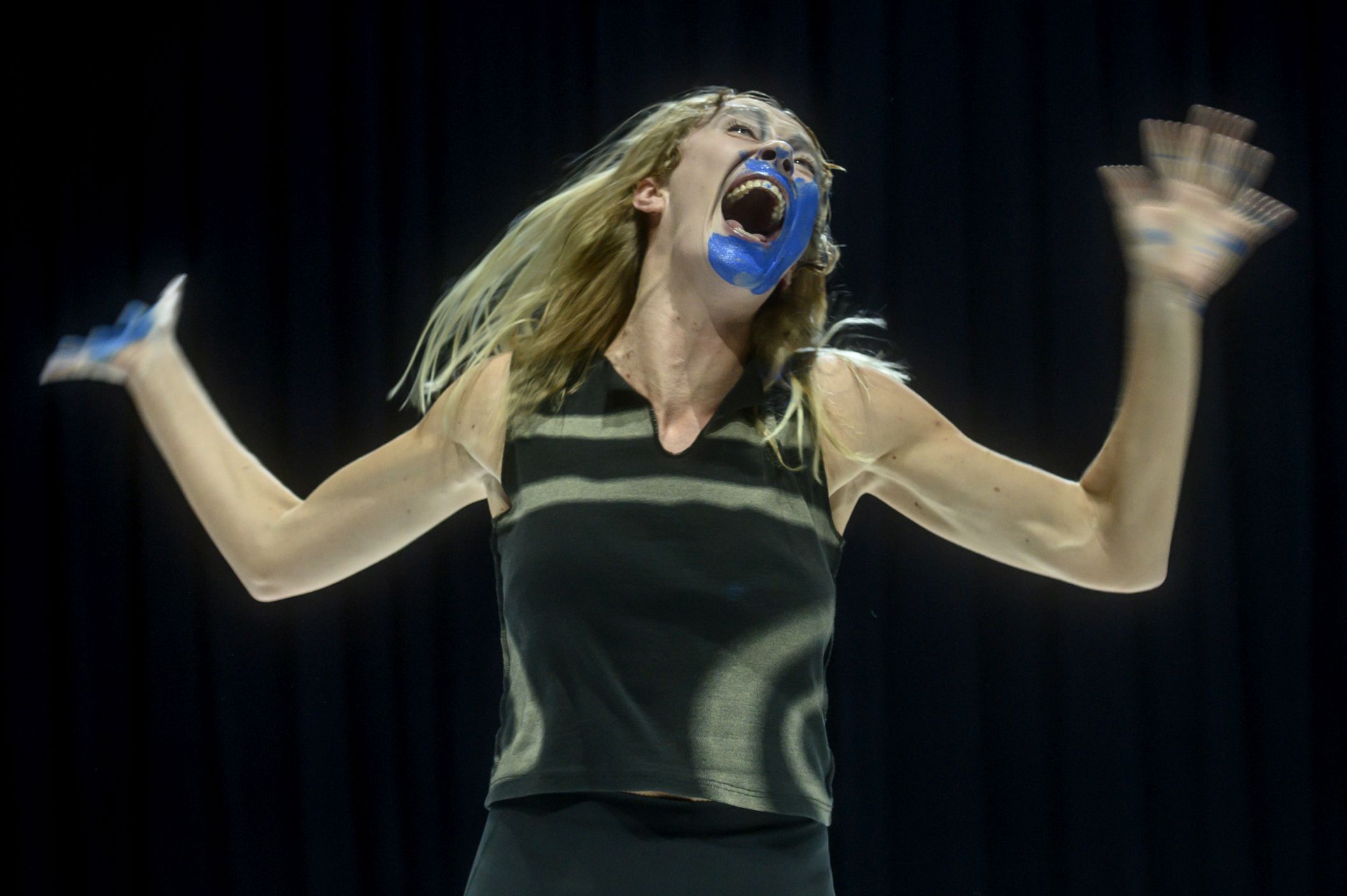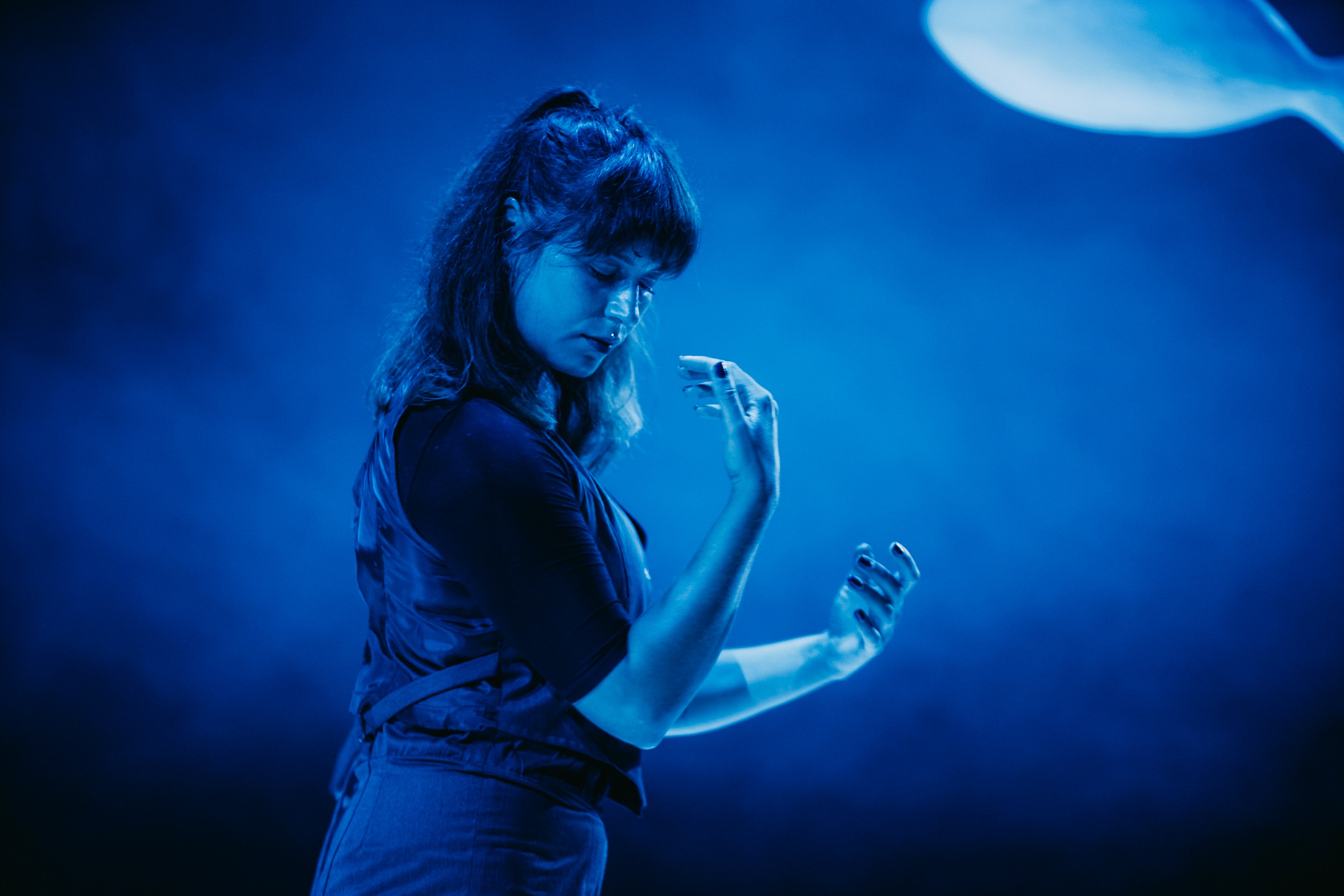The mobility of artists that used to be one of the European Union's priorities in the area of culture has become a reality for some time already. Social networks are full of invitations for residencies in most diverse and unexpected places and spaces. The choice is wide not only in terms of countries that are offering to move at least a part of the creative process to various institutional buildings, apartments and other spaces, but also in terms of those spaces, from traditional theatre and other stage arts spaces to... For instance, “Access Gallery” offers a travelling residency - an opportunity to spend three weeks in a cargo ship, crossing the Pacific ocean, and thus travel from Vancouver to Shanghai. Now what does Lithuania offer for mobile artists? That will be the topic of this short interview with Gintarė Masteikaitė, the coordinator of international projects at the “Arts Printing House”.
Could you make a short introduction of the “Arts Printing House” residency program “Print Art on Stage”?
The program usually takes place in summer, when “Arts Printing House” spaces are barely used. At that time we can offer the services of the staff and the spaces which the residents would like to utilize. That is why residency program lasts three months - June, July, and August. On the other hand, much depends on funding, given to our residency program. For example, last year we were forced to make a break.
Our goal is to invite artists whose projects are most similar to our ideas, environment and promoted areas: dance, circus, new forms of theatre and performance. These are our priority areas. Each time we announce open call. However, lately we have begun actively searching for artists who would interest us and whom we would like to invite to our space. We would like them to create connections with Lithuanian artists, so that they could create new things together, which later could be presented, and not necessarily under our roof. We would like to give a start to things that could later develop independently.
When preparing residency programs, we try to select works that could encourage our artists to employ new forms, to learn, to cooperate. Every time we ask (but not demand) of newcomers to consider a possibility of involving Lithuanian artists. They can include a costume designer, a composer, dancers, actors, or run a creative workshop on dance, theatre or circus, or publicly present the results of creative work performed during the residency.
Also we have signed a residency cooperation agreement with the city of Bergen, thus the residency of this program took place last year as well, when the funding from Lithuania was suspended.
For how long have residency programs been available at “Arts Printing House”? What are the conditions you offer to your residents?
The above mentioned program, conducted together with the city of Bergen, has been active for almost a decade already, but it should be noted that it is dedicated exclusively to the artists of this city who wish to reside at “Arts Printing House”. The program “Print Art on Stage” has been running for four or five years.
When we used to receive adequate financing, we were able to cover travel and living costs of the selected artists, give them access to “Arts Printing House” spaces, as well as services of managers and technicians. All the necessary information may be found in our website, moreover, we try to post it through all available communication channels.
Why, in your opinion, artist should choose residency in Vilnius?
Residencies are vitally important to artists, as they give an opportunity to escape your daily routine and spend time somewhere where everyday worries are left behind. Artists come to residencies to work and fully submerge into a different, stimulating environment. Most often artists arrive with a determination to devote two weeks purely for creation. Nowadays they often work in international teams, therefore there has to be a common spot where people from different countries could meet.
That's the way the world is now - everyone is travelling to meet others. And so these artists from different countries get together to work on a project and come to Lithuania for two weeks, although none of them has ever visited this country before. They are able to discover Lithuania's creative field, a new city, they get inspired. Here creators discover music, artists, architecture and many other things that might inspire new ideas. Living in an enclosed space is also important, as you don't have to go anywhere in the evening, you don't have to do any chores. This helps to focus on working and developing ideas. I believe this is very important to artists.
Having interacted with residing artists I realized that their main goal is to leave their comfort zone and try out new environments where they could concentrate on their work.
Residency is also important to accepting organizations as it stimulates their environment. As much as it is in “Arts Printing House” power, it seeks to educate young artists, spread new ideas and encourage the emergence of new forms. For that we need newcomers and new knowledge. Without the artistic foundation we, administrators, are not able to encourage new creative directions, therefore we have to present opportunities to discover such directions, and thus residencies of interesting foreign artists gives us a chance to do that.
We always invite everyone willing to attend creative workshops or presentations of works of foreign residency artists free of charge. We strive to widely spread information about works, artistic research, and seminars by visiting artists. There had been cases where foreign artists began collaboration with Lithuanians following the residency at the “Arts Printing House” and continued this joint activity.
Do you cooperate with other establishments that offer residency programs in Lithuania?
For a long time there were no other organizations that would offer residencies of performing arts. There were opportunities for photographers, architects, painters and musicians, but not for theatre, dance or circus. For a long time we were the only ones to offer that. However, the recently established Klaipėda “Culture Factory” and Anykščiai Art Incubator might also offer such residencies. We have tried contacting the Nida Art Colony, but spaces, suitable for performing arts, have been established only very recently.

